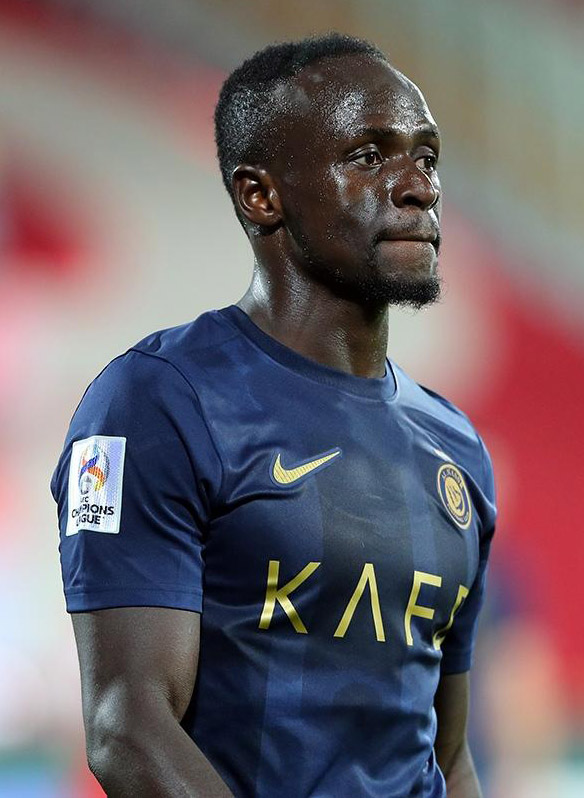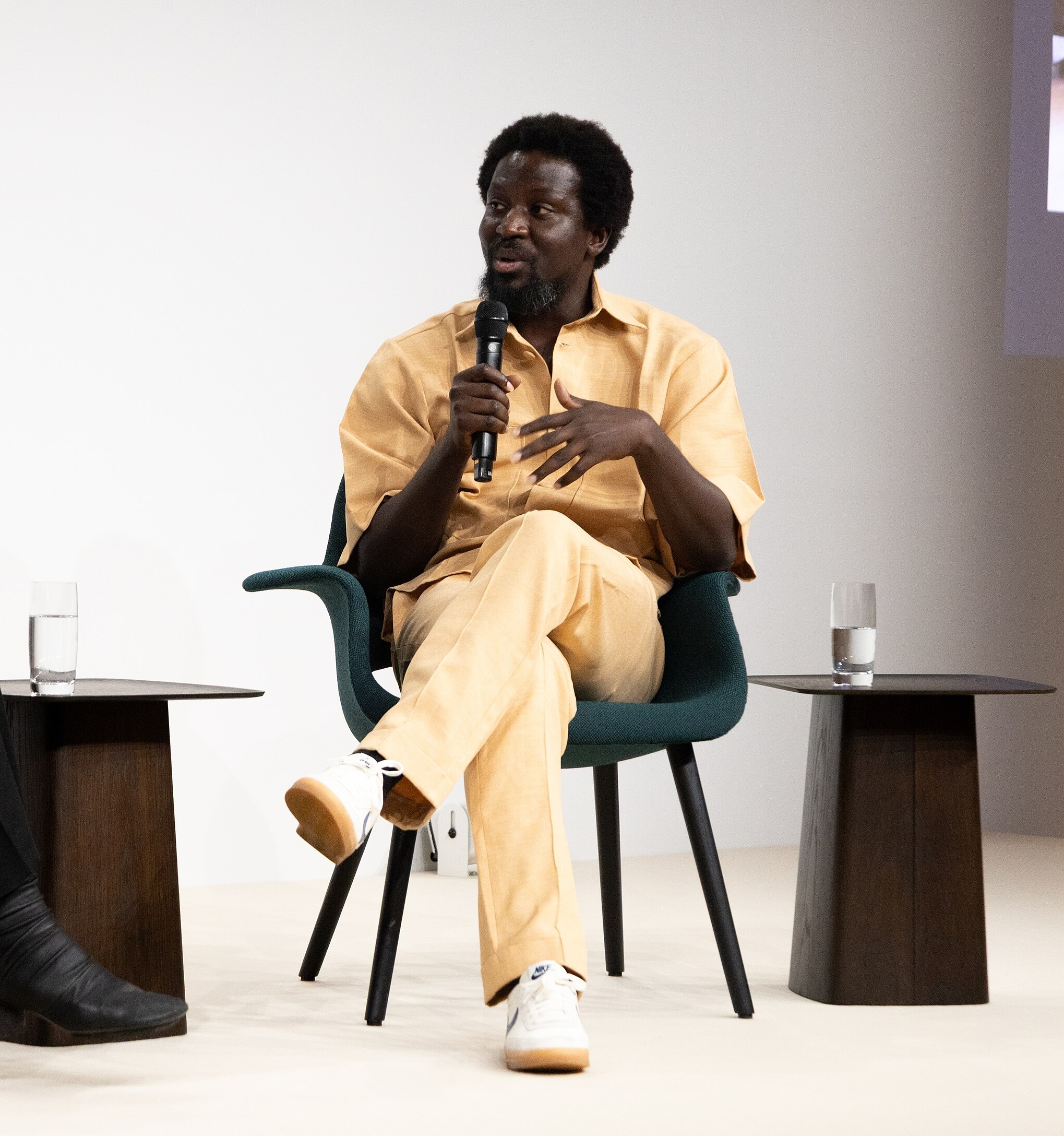Political
Can you have law without lawmakers? Yes, but you probably shouldn’t
In 1997, Eritrea adopted a new constitution and citizens were poised to vote in a new National Assembly. These would have been the first elections since the new country’s independence from Ethiopia. However, before they could be organized, President Isias Afewerki announced that the new constitution could not be implemented and there would be no legislative elections. Afewerki, former leader of the Eritrean People’s Liberation Front, argued that the country needed time to build democratic values, tackle corruption, and deal with the ongoing conflict with Ethiopia. Twenty-five years later, Eritrea is still nominally waiting for the right time to implement the constitution. There have been no elections, Afewerki remains President, and the National Assembly hasn’t assembled since 2002.
Eritrea is an extreme example, but military and civilian executives have often succeeded in neutralising legislative power. In doing so, these actors typically appeal to the need for stability or condemn the corruption of political elites. In our research on political elites, the Elite Africa Project identified four African countries—Eritrea, Sudan, Burkina Faso and Tunisia—with no legislative body whatsoever. Both Sudan and Burkina Faso saw coups sweep away civilian politicians in 2021. In Tunisia, President Kais Saied decreed the dismissal of parliament, accusing its members of “hypocrisy, treachery, and robbery of the rights of the people.” One might also add Mali and Chad, both of which saw legislatures replaced with military councils following recent coups, bringing this number up to six.
It’s hard to feel sorry for political elites, a group Fanon notes form part of the postcolonial machine which keeps people “hemmed in and immobilised.” In many ways, political elites in Africa represent continuity with colonial rule and institutions. There is no shortage of examples demonstrating this. Nigerian senators make about 37,500 USD each month, in a country with a minimum wage equivalent to 70 USD per month. Kenya has the second highest paid lawmakers in the world, making 76 times the country’s per capita GDP. Other politicians have been known for high profile scandals or general dysfunction. Large sections of the population in Mali and Tunisia, for example, have cheered the removal of political leaders.
Unfortunately, the end of politicians doesn’t mean the end of political power or its corrupting effects on those who hold it. In the 1970s and 80s, a series of coups erupted in response to failing post-independence governments. But military leadership went on to replicate the very worst of the political elites they replaced. In Nigeria, the 5 billion USD stolen by General Sani Abacha dwarfed the level of corruption of civilian politicians. One wonders if those cheering the sweeping away of ineffective governments will not be similarly disappointed in the results of military rule.
The Elite Africa Project seeks to interrogate the different avenues of power and its different forms. The Project tries to move away from seeing elites as a category that only describes politicians. Elite status is held just as much in the coercive apparatus of the state as with political officials. Although military commanders like Afewerki in Eritrea, Col. Assimi Goita in Mali, and Abdel Fattah al-Burhan in Sudan like to paint themselves as the answer to the elite domination of politics, they are themselves also elites. Other actors—traditional rulers, religious leaders, and even particularly influential voices in the fields of arts, culture, and academia—hold degrees of power as well. Tunisia’s President Saied was a former law professor, who ironically formed part of an expert committee drafting the 2014 constitution. His status as an influential academic and trusted public figure allowed him to build the coalition that got him elected.
The consequences of power often have more to do with the interaction of elite groups than the intentions of politicians alone. Concentrations of power among any group of elites should be viewed with suspicion. For it is when divisions exist between elite groups that opportunities open for others to exert influence. Nigerian economist Feyi Fawehnmi once said that “progress in Nigeria more often than not happens when Nigerian politicians fight each other.” One could argue the same for the political class vis à vis other elite actors. As much as the political class could stand to see its power reduced in many African countries, things haven’t always gone smoothly when its role was removed completely.
Photo: Lana Haroun / Via Twitter: @lana_hago







